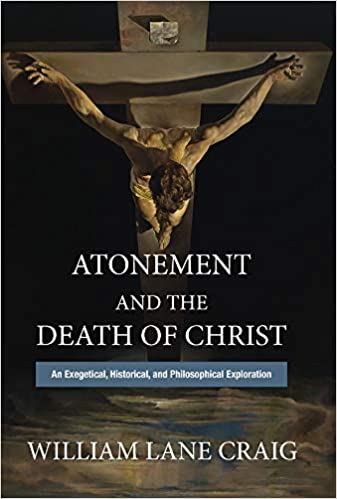Q. In your Isaiah chapter, I’m a bit surprised that you don’t deal with how Isa. 52-53 was interpreted in early Judaism. I say this because there is basically no hard evidence that Jews were expecting a suffering for sin Messiah. They interpreted those passages as referring to Israel suffering for the sins of the world…. and by the way, still do. For example, some would even say the Holocaust in WWII is further evidence that Jews are collectively the suffering servant for the sins of the world. What I take this to mean is that what Jesus and his post-Easter followers were doing with this Isaianic material was something novel. This would explain why the disciples didn’t understand the passion predictions of Jesus during the ministry. Indeed, if Peter is any example at Caesarea Philippi, they would have rejected them. They looked for a Davidic messiah to be a warrior (see Psalms of Solomon 17-18) and come clean the land out of Romans like the original David did with the Philistines. They saw crucifixion as proof a person was cursed by God, not God’s anointed. And they were not looking for a resurrected messiah, especially not after the person got crucified. This is why Paul calls the resurrection a vindication (see Rom. 1). I think you needed to deal with this context of Jesus’ novel teaching a bit somewhere. Thoughts?
A. Keep in mind that my book is a study of the atonement, not of Jesus’ Messianic status. So the novelty of what Jesus and his followers were doing with the Isaianic material was less important for me than what they were doing with it. While discussing the novelty of Jesus’ teaching about Isaiah 53 would doubtless have enriched the discussion, I don’t think it was needed to make the central point that Jesus saw himself as the suffering Servant of Isaiah 53 and his death as therefore a substitutionary punishment for the sins of the people. One has to set limits to the discussion somewhere!
Q. Any thoughts about the Catholic (and Mormon) notion that suffering itself atones for sin, based in large part on a certain reading of Isa. 52-53? After all it speaks of suffering for our iniquities. My understanding of atonement is that death, and the pouring out of the life blood in death is what atones, as is surely implied in Leviticus and elsewhere. I tend to say that had Jesus just suffered on the cross, and then was taken down and revived, there would be no atonement for sin. You actually see this theology of suffering as atoning in Mel Gibson’s movie, which Protestants went to in the droves, even though 40% of the movie was based on Anna Katherine Emerich’s The Dolorous Passion of the Christ with all its suffering mysticism, and various ideas not found in the Bible. Death is surely implied in Isa. 52-53. Comments?
A. In the Bible death is clearly not merely the consequence of sin but the punishment for sin. It is our just desert. In other words, sin is a capital offense. So to bear the punishment for our sin or, more modestly, to bear the suffering that would have been the punishment for our sin had it been inflicted on us, requires death. Had Jesus therefore been scourged and crucified but then rescued and revived, he would not have borne the just desert of our sins and we should still be liable to punishment. Perhaps God chose the mode of Christ’s passion because of the moral influence it would exert upon humankind, thereby making space in a full-orbed atonement theory for the motif of moral influence as well as penal substitution.












